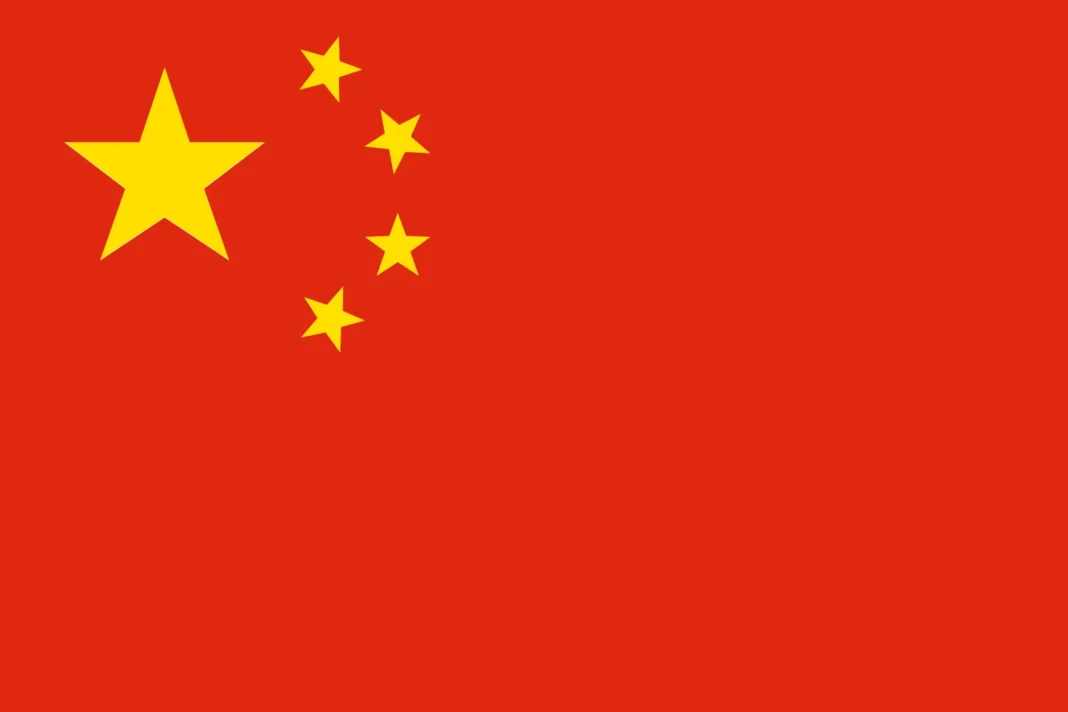Treasury Secretary Janet Yellen recently took aim at a symptom of a much larger economic malady plaguing China. In upcoming talks with Beijing, Yellen vowed to raise concerns over China’s rampant oversupply of environmental products like solar panels, which are flooding global markets at artificially low prices. However, this surplus affliction extends far beyond just green energy – it is endemic to the Chinese Communist Party’s (CCP) very model of state-directed economic development.
At its core, the CCP’s strategy centres on leveraging cheap state-backed financing to pump overcapacity into strategic industries deemed vital to national priorities. This mercantilist approach allows Chinese firms to overproduce while undercutting competition on pricing, aiding Beijing’s geopolitical ambitions but grossly violating free market principles. The result is a looming global supply glut across multiple sectors and pervasive trade distortions that are economically unsustainable.
China has rapidly ascended as an unparalleled manufacturing powerhouse, now responsible for nearly one-third of global factory output despite its economy accounting for just 16-18% of world GDP. Emulating the state-led development model of the East Asian Tigers before it, Beijing has expertly moved its industrial base up the value chain from low-skilled exports to target high-tech, capital-intensive sectors like automobiles, renewables, semiconductors and critical minerals.
While China’s strong manufacturing base offers inherent scale and network economies, its recent explosive export growth stems primarily from the lavish state assistance showered upon chosen corporate champions. The auto industry exemplifies this dynamic perfectly. Even as Chinese car consumption stagnated after peaking in 2016, the country’s auto exports skyrocketed at an astonishing pace, allowing it to claim the mantle as the world’s largest vehicle exporter by 2022. This unlikely feat was fueled by Beijing’s policy lenders recklessly bankrolling automakers regardless of their underlying profitability or market viability.
The EV upstart Li Auto epitomizes how state subsidies perpetuate zombie firms. The company only recently declared its first-ever quarterly profit in 2023, while simultaneously disclosing in regulatory filings that its very existence hinges on a range of generous government subsidies and incentives. Across industries, a wealth of empirical evidence shows Chinese corporate champions grow increasingly reliant on state support as they age, exhibiting deteriorating innovation and financial returns over time.
Bolstered by Beijing’s backing, debt-ridden Chinese firms leverage endless streams of cheap credit to amplify production capacity far beyond market demands, and then offload the resulting supply gluts into global markets at artificially depressed prices. Data shows Chinese solar panel manufacturing capacity now dwarfs expected global demand by an astonishing 80%. This epic surplus is made possible because the CCP can simply order its state-controlled policy banks to dole out funding streams utterly untethered from profitability or commercial viability considerations.
The consequences of this statist economic model are twofold, both domestically and internationally. At home, it perpetuates an unproductive ecosystem where favored firms increasingly forfeit productivity gains in pursuit of extracting more state largesse. China’s notably dismal stock market returns relative to its breakneck GDP growth rates this century vividly highlight the chronic underperformance of its coddled corporate titans.
On the international stage, China’s tidal wave of supply across industries is fomenting a protectionist backlash as trade partners rush to insulate domestic firms from being decimated by the relentless onslaught of underpriced Chinese exports flooding their markets. The European Union has already enacted tariffs on low-cost Chinese solar panels amid the sector’s calamitous supply swamp, with more such defensive trade barriers likely on the horizon.
Fundamentally, the CCP’s economic blueprint revolves around suspending free market discipline across all strategic sectors as part of an increasingly desperate mirage of self-sufficiency at any cost. Realizing this misguided pipe dream necessitates chronic overinvestment, reckless lending practices, perpetual subsidization of unviable zombie firms, and inevitably offloading the resulting supply overhang into global markets at predatory cut-rate prices that severely destabilize international trade flows.
Secretary Yellen is unquestionably justified in calling out the solar panel oversupply debacle as a prime example of how Beijing’s heavy-handed statist policies grotesquely distort trade. But this is merely a symptom of far deeper economic rot emanating from the CCP’s ideological conviction that free market forces must be subjugated in service of blinkered national industrial priorities and self-reliance fixations – no matter how inefficient or globally disruptive the consequences. Unless Beijing reverses course and allows true market forces to properly discipline its coddled corporate wards, China’s economically destructive overcapacity crises will only proliferate across more strategic sectors, turbocharging international frictions while ultimately undermining the foundations of open, rules-based global commerce that has catalyzed prosperity for decades.
thehongkongpost.com

